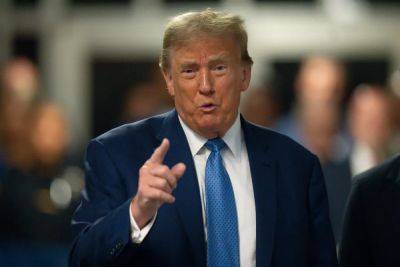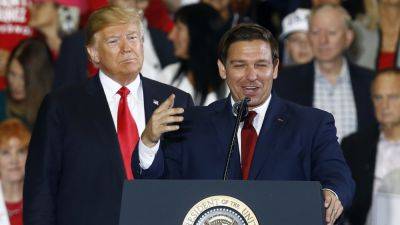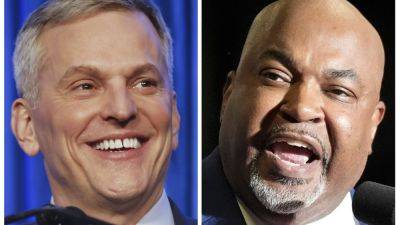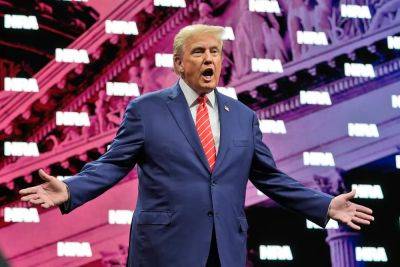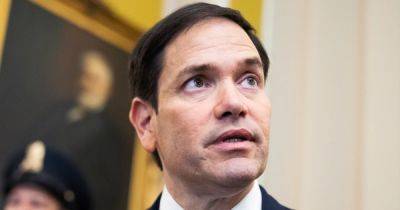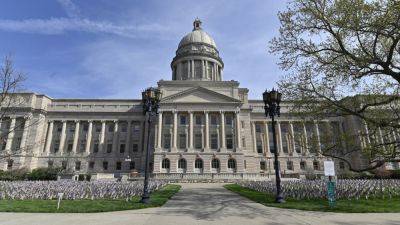Why election polls were so wrong in 2016 and 2020 — and what's changing to fix that
- Pollsters have made several major miscalculations over the past several election cycles, often underestimating support for Donald Trump.
- Since the 2016 and 2020 elections, polling organizations have tried to identify the oversights that left them with severely off-target predictions.
- Heading into the 2024 rematch between Trump and President Joe Biden, pollsters are trying out a variety of strategies to accurately capture the elusive Trump vote.
2014 was the first year Lonna Atkeson remembers receiving hate mail.
Atkeson, a political scientist who researches election surveys and public opinion, has been conducting voter polls since 2004. She is currently a professor at Florida State University and has authored several books.
But a decade into her polling work, she said, the angry messages began rolling in.
"I started getting letters from people saying, 'You're part of the problem. You're not part of the solution. I'm not going to answer your surveys anymore. You're an evil academic trying to brainwash our children,'" Atkeson recalled in an interview with CNBC.
For Atkeson, those notes marked a shift: a more polarized electorate had begun to lose faith in institutions like polling and voters might no longer be as willing to talk to her.
At the same time, technology was advancing and landlines or mail were no longer foolproof ways to get in touch with survey respondents.
"People were not answering their phones," Rachael Cobb, a political science professor at Suffolk University, told CNBC. "Even in the last 10 years, you might try 20 callers to get the one that you need. Now, it's double: 40 callers to get what you need. So every poll takes longer and it's more expensive."
Polarization and technology are among the obstacles


